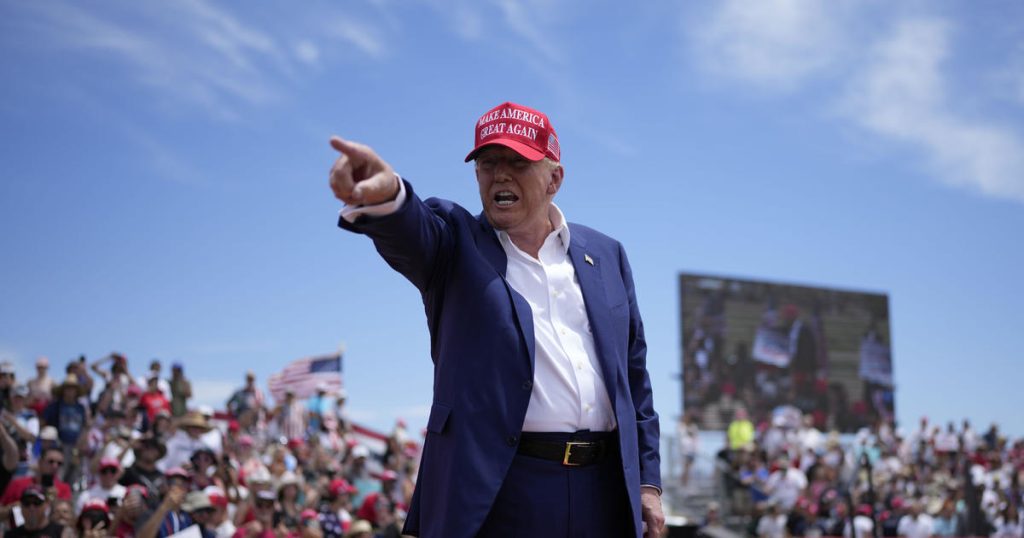A criminal indictment against six Republicans in Nevada was dismissed by a state court judge, who ruled that state prosecutors had chosen the wrong venue to file the case. Attorney General Aaron Ford announced that he will appeal the ruling to the state Supreme Court, stating that the judge got it wrong. The defendants were charged with offering a false instrument for filing and uttering a forged instrument, facing penalties of up to four or five years in prison. The trial that had been scheduled for January was called off following the judge’s decision.
The defendants included the Nevada GOP chairman and party leaders from various areas in the state, who were indicted in December for falsely declaring Donald Trump the winner of Nevada’s 2020 presidential election. Defense attorneys believe that the case is now dead, as bringing it to another grand jury in a different venue would violate the three-year statute of limitations on filing charges that expired in December. Nevada was one of seven states where fake electors falsely certified Trump as the winner in 2020, alongside Arizona, Georgia, Michigan, New Mexico, Pennsylvania, and Wisconsin.
Trump has been campaigning in Nevada, which could once again be a battleground state in the upcoming elections. Criminal charges have also been brought in Michigan, Georgia, and Arizona against individuals who falsely certified Trump as the winner in the 2020 presidential election. The Nevada case highlights the ongoing legal battles and controversies surrounding the election results in several states, with both sides continuing to fight over the legitimacy of the outcome. The dismissal of the indictment in Nevada raises questions about the handling of election-related cases and the legal procedures involved in challenging election results.
The decision to dismiss the indictment in Nevada may have broader implications for similar cases in other states and the legal challenges being pursued by supporters of Donald Trump. The ruling by the state court judge to throw out the charges against the Republicans accused of falsely certifying Trump as the winner of the 2020 election underscores the complexity and uncertainty surrounding the legal processes related to election disputes. As the case is appealed to the state Supreme Court, the outcome will be closely watched by both sides of the political divide in Nevada and beyond.
The controversy in Nevada reflects a larger debate over the integrity of the electoral process in the United States and the challenges of challenging election results through legal means. The dismissal of the indictment against the Republicans accused of submitting false certificates to Congress raises questions about the legal standards and procedures governing such cases. With ongoing legal battles and disputes over the 2020 election results, the outcome of the appeal in Nevada could have significant implications for future election challenges and the credibility of the electoral system in the United States.


